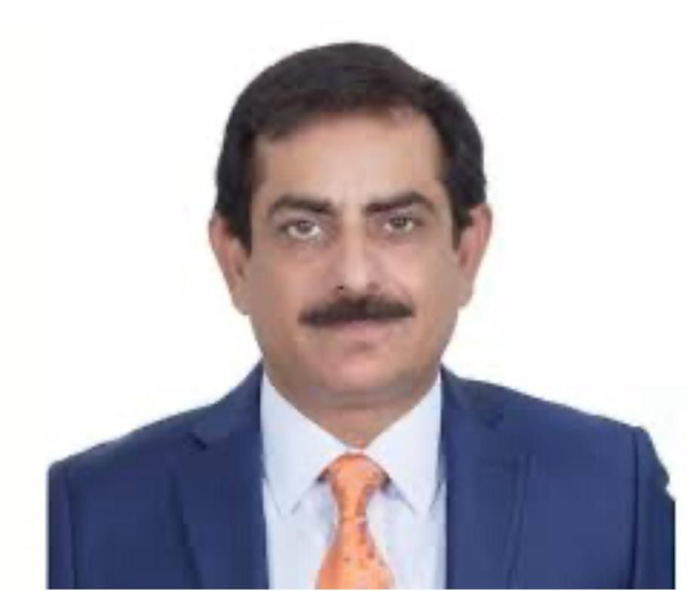By Imran Ghaznavi
In recent years, Pakistan has become a battleground for an unprecedented influence of social media on policy and governance. What once started as a platform for connectivity has now morphed into a powerful tool, infiltrating public discourse, shaping collective mindsets, and ultimately driving public opinion. The extent to which this influence has grown is staggering, and its impact on national policymaking is undeniable. What was once the domain of seasoned diplomats, politicians, and strategists has now become a space dominated by algorithms, tweets, and viral trends.
The question at the heart of this national dilemma is: who truly controls the narrative? It’s a question that transcends politics and delves deep into the fabric of society. The strategist—whether behind a computer screen or within the corridors of power—has learned to manipulate this system with astounding precision. In Pakistan, where public sentiment can often shift quickly, these strategists ensure that those who fail to toe the line are met with harsh criticism, public shaming, and, in some cases, virtual ostracism.
The tools of this trade are not new. Spin doctors and political operators have existed for as long as there has been politics. But social media has changed the playing field. What was once a slow-moving tide of opinion can now be shifted overnight with a well-placed hashtag or a coordinated online campaign. And this is where the fear begins. Fear is not just the byproduct of political or ideological criticism—it has been carefully engineered.
There is an undeniable power that comes with controlling the narrative, and for those who wield it in Pakistan’s complex social media environment, the stakes are high. Anyone not in alignment with a prevailing agenda is at risk. In a country where freedom of expression is already precarious, social media has become a double-edged sword. It has given voice to the voiceless, but it has also amplified those voices in ways that sometimes lead to reckless damage.
Consider the countless examples of individuals or organizations that have dared to speak against popular opinion, only to find themselves at the center of a digital firestorm. These aren’t isolated incidents. Public figures, journalists, and even regular citizens are all subject to the whims of online outrage. And this outrage doesn’t just live in cyberspace. It manifests in real-world consequences: careers are destroyed, reputations are sullied, and in extreme cases, physical safety is threatened.
This national dilemma goes beyond mere political discourse. It extends into the psychological impact on those caught in its crosshairs. The culture of online harassment and intimidation has created an atmosphere of fear, pushing many into silence or forcing them to conform to the dominant narrative, regardless of whether they agree with it. In Pakistan, where conformity can be seen as a path of least resistance, the consequences of stepping out of line can be dire.
This begs the question: where is the solution? How do we, as a nation, address this increasing encroachment of social media into policymaking and public opinion? The answer isn’t simple, but the first step lies in acknowledging the seriousness of the problem. Too often, we dismiss the impact of online criticism as “just internet chatter.” But when that chatter becomes the primary driver of public discourse, it must be taken seriously.
The most alarming aspect of this shift is the powerlessness many feel in response to it. The average citizen, even policymakers themselves, often seem helpless against the torrent of digital noise. But this helplessness is a construct, carefully curated by those who benefit from it. The fear that has taken root is real, but it is not insurmountable. There is a way forward.
For those who feel caught in this web of online outrage, the solution is not to retreat or give in. Now, more than ever, there is a need for critical thinking. The knee-jerk reactions that social media platforms encourage are dangerous, especially when it comes to matters of national policy. Instead of reacting to every online trend or controversy, there must be a deliberate pause. Think, reflect, and, perhaps most importantly, seek the advice of professionals who understand the nuances of policy and media strategy.
Pakistan has navigated complex social and political challenges before. This dilemma, while new in its form, is no different. The key is to approach it professionally, with the support of those who are well-versed in managing both public perception and policy. This does not mean pandering to online outrage, but rather, managing it effectively. Just because social media is loud doesn’t mean it is right. The challenge for policymakers and citizens alike is to separate the noise from the substance.
There is hope. As we’ve seen in the past, Pakistan is resilient. The solution lies in recognizing that the tools used to shape public opinion can also be used to shift it towards constructive dialogue. It requires a concerted effort, not just from government bodies, but from civil society, media professionals, and citizens themselves. The power of social media can be harnessed for good, but only if we approach it with caution, critical thinking, and professional insight.
This national dilemma will not resolve itself overnight. But by taking a step back, reflecting on the long-term implications of this digital age, and engaging the right professionals, there is a path forward. Pakistan has faced greater challenges in the past, and with a measured, thoughtful approach, this too can be managed. Let us not give in to fear but rise above it, embracing the power of genuine dialogue and professional wisdom.
Mr Imran Ghaznavi is a senior reputation management and crises communication professional and can be reached at [email protected]

















